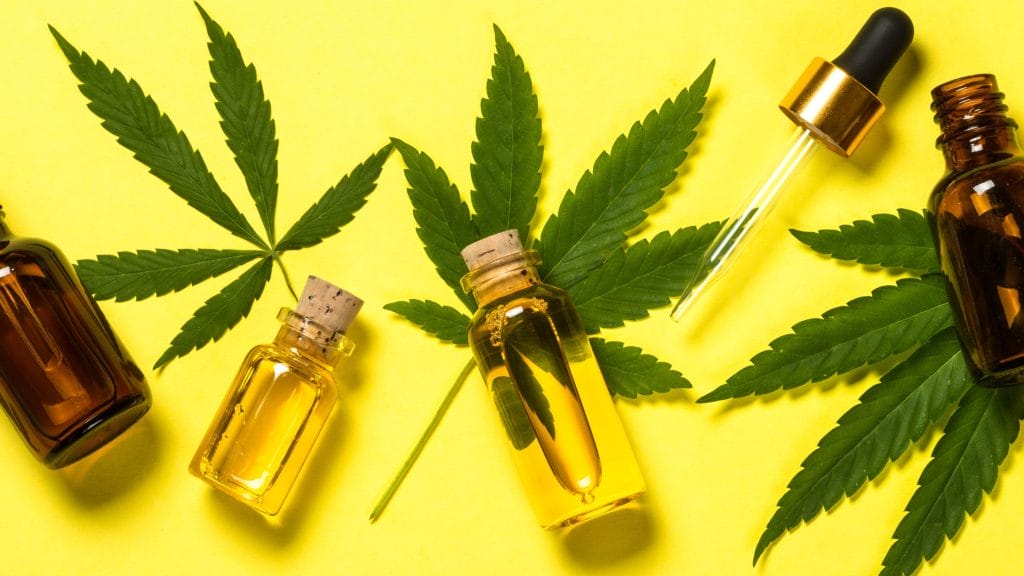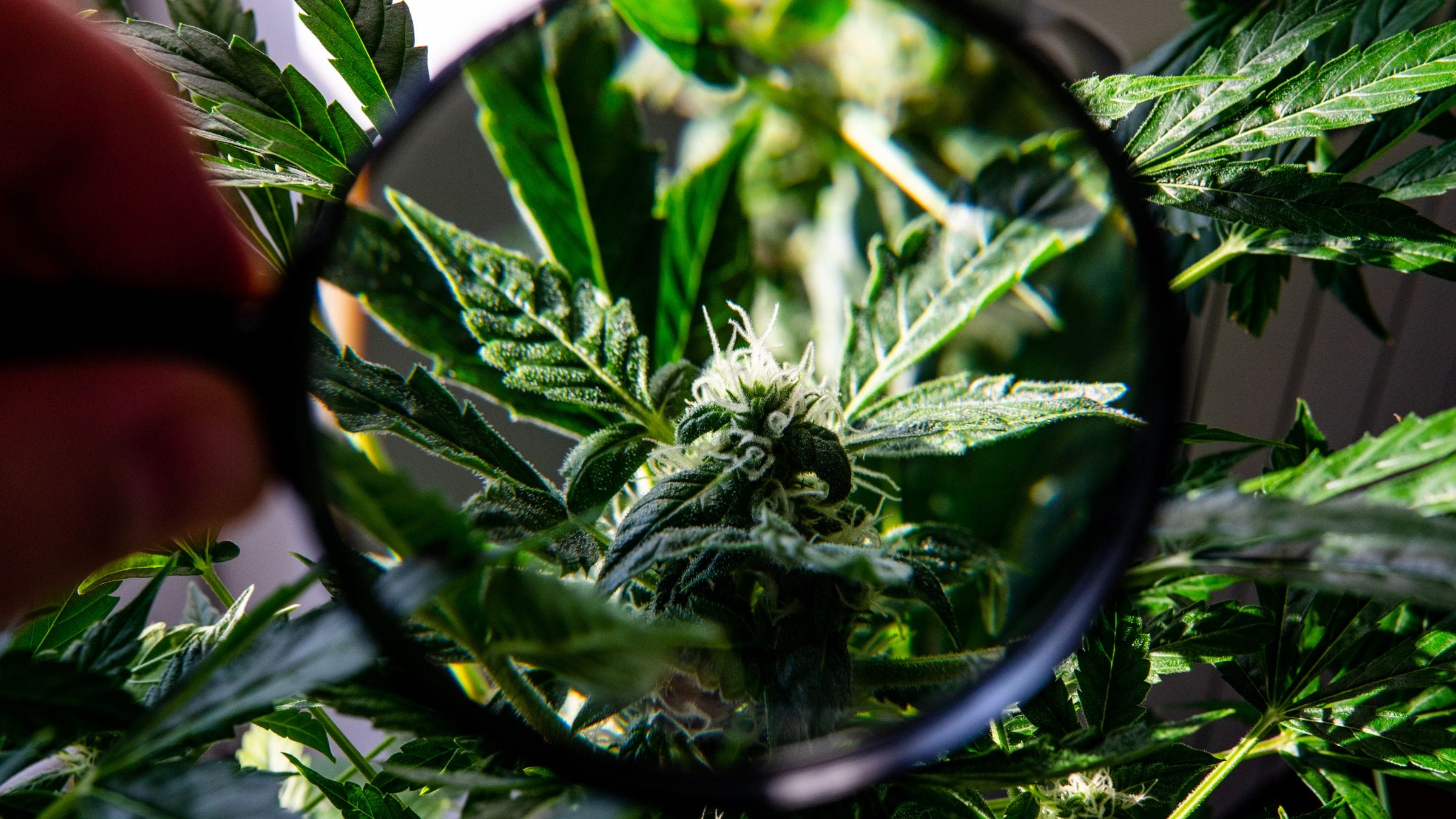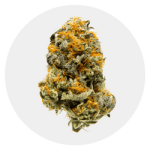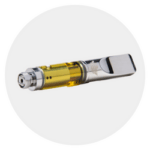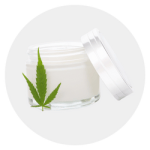What is CBGA? CBGA High
CBGA (or cannabigerolic acid) is one of the many cannabinoids found in the cannabis plant
Cannabinoids are medicinal compounds produced by the cannabis plant that interact with the body’s endocannabinoid system.
Our bodies produce endogenous cannabinoids that help to regulate almost every system in the body. This is why the cannabis plant is so healing and medicinal. It interacts with our endocannabinoid system, which plays a significant role in regulating numerous bodily systems.
Such as, immune and nervous system function and much more.
This mother of a cannabinoid, functions as a naturally protective compound in cannabis plants. It is produced in the trichomes and triggers targeted cell necrosis for natural leaf pruning.
This allows for maximum energy to go to the flower.
This cannabinoid is a critical component of the cannabis flower. Additionally, CBGA can be thought of as the “granddaddy of cannabinoids.”
It is also known as the mother of all cannabinoids.
Why? This powerful cannabinoid sits at the top end of the cascade reactions that produce the three primary lines of cannabinoids. Furthermore, it is the precursor to every other cannabinoid found in the cannabis plant. Such as:
- THCA (tetrahydrocannabinolic acid)
- CBDA (cannabidiolic acid)
- CBCA (cannabichromenic acid)
These cannabinoids eventually become THC, CBD, and CBC. CBGA can also convert into CBG. However, in many cases, CBGA usually converts into THC or CBD.
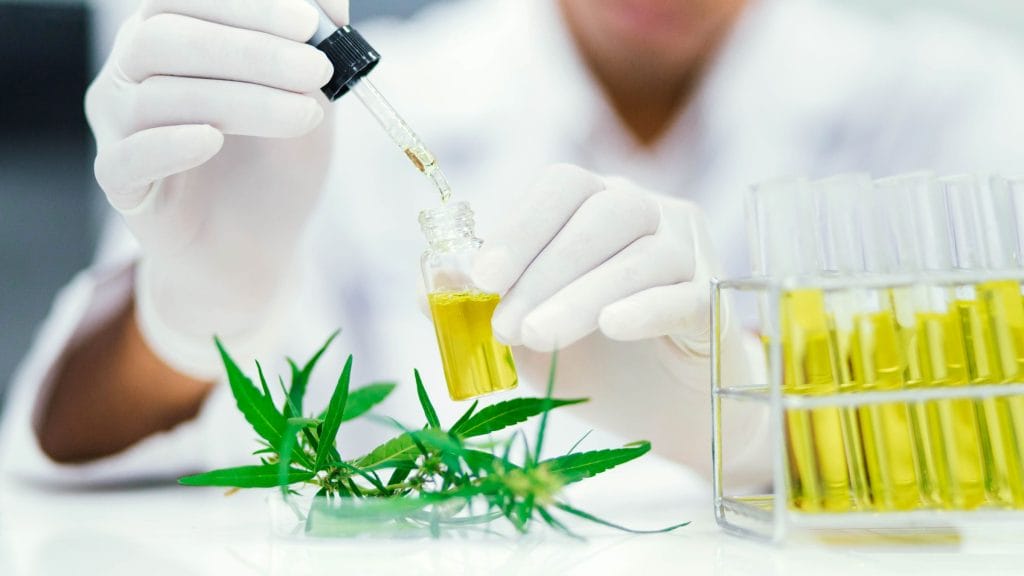
What is CBGA? CBGA High: The Discovery
Scientists have known of CBG (cannabigerol) for more than 50 years. Researchers in Israel were the first ones to isolate the cannabinoid. Japanese researchers discovered CBGA 30 years later. despite its long history, there is little information on this cannabinoid.
The majority of the CBGA research has been focused on the sustainable production of THCA for research and pharmaceutical purposes. This research focuses on the conversion of CBGA to THCA.
Researchers have shown a consistent method of reproducing the cannabinoid from a yeast species called Pichia Pastoris. This yeast is used widely for recombinant DNA proteins. To optimize production, research teams have done computational modelling. In addition, in 2019, a California team published their work on complete synthesizing cannabinoids from yeast derivatives.
